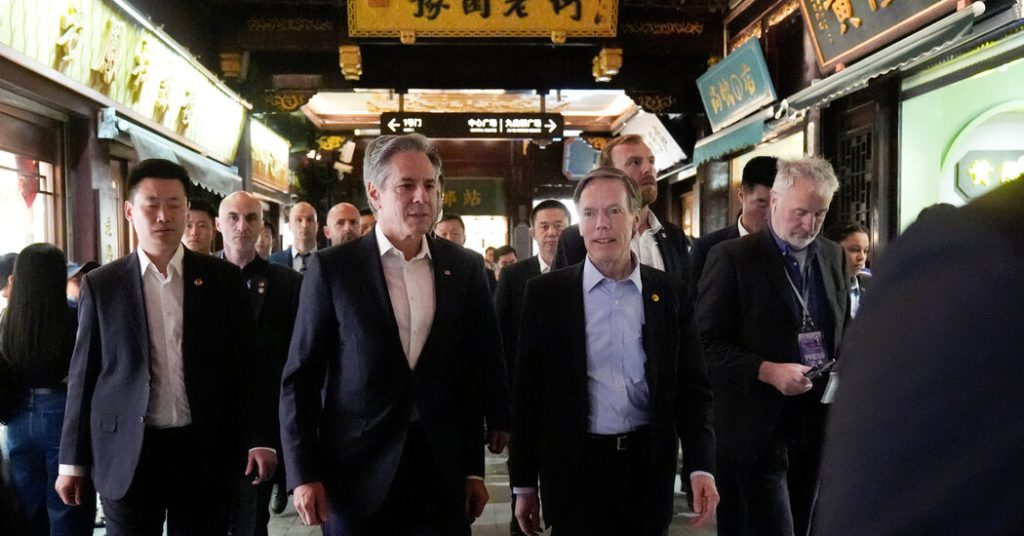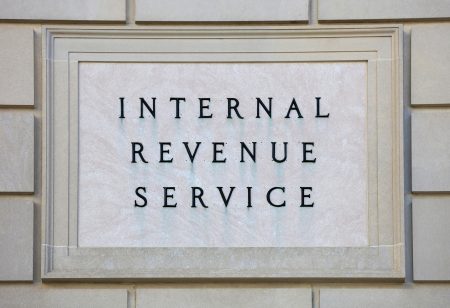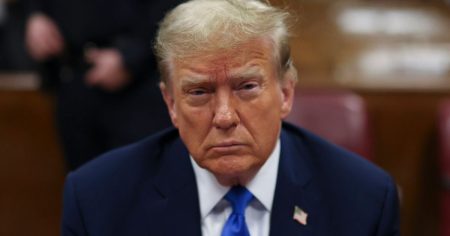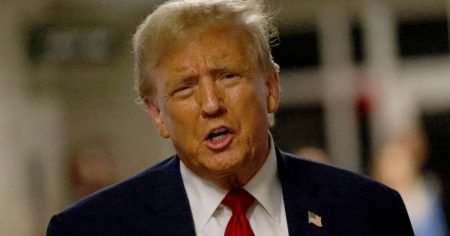Secretary of State Antony J. Blinken visited Shanghai this week to emphasize the economic, educational, and cultural ties between the United States and China. While the visit was cordial, there were underlying tensions as the Biden administration takes steps to sever certain economic ties with China to protect American interests. This includes raising tariffs on Chinese products and limiting China’s access to advanced technology such as semiconductors.
Congress recently passed legislation that would force the Chinese owner of TikTok, ByteDance, to sell its stake in the app or leave the United States altogether. These actions are seen as part of a broader effort to restrict China’s economic influence on the U.S. The U.S. and China have been engaging in discussions around technology controls, with both leaders emphasizing the importance of preventing the use of advanced technologies for national security purposes.
While the U.S.-China relationship has stabilized since President Biden’s meeting with Chinese leader Xi Jinping, economic restrictions are still being implemented on both sides. The Biden administration has been considering further export controls on semiconductor technology, and both countries are raising concerns about their technological advancements being used against each other. These measures have escalated tensions and rankled Chinese leaders.
China has been moving towards a more self-sufficient industrial policy under Xi Jinping’s leadership, aiming to become a high-tech superpower. This has led to concerns from the U.S. regarding China’s authoritarian government and economic model. China has also taken steps to extend its reach into Hong Kong, affecting the city’s status as a financial hub. American businesses have faced challenges in China due to increased regulations and investigations by Chinese authorities.
Despite the tensions over technology controls and other restrictions, the U.S.-China relationship remains complex, with trade encouraged in other sectors. American exports to China support numerous jobs in the U.S., but factors such as China’s economic performance and U.S. tariffs have impacted trade. It is crucial for policymakers to consider the broader economic and trade relationship between the two countries, and the potential impact of changes in U.S.-China trade policies on businesses and workers.
Overall, while Secretary Blinken’s visit to China highlighted the positive aspects of the relationship between the two countries, underlying economic tensions persist. Both the U.S. and China are taking steps to protect their national interests through restrictions on certain economic ties, particularly in the technology sector. The future of the U.S.-China relationship will likely continue to be shaped by these economic measures and the broader geopolitical dynamics between the two global powers.














